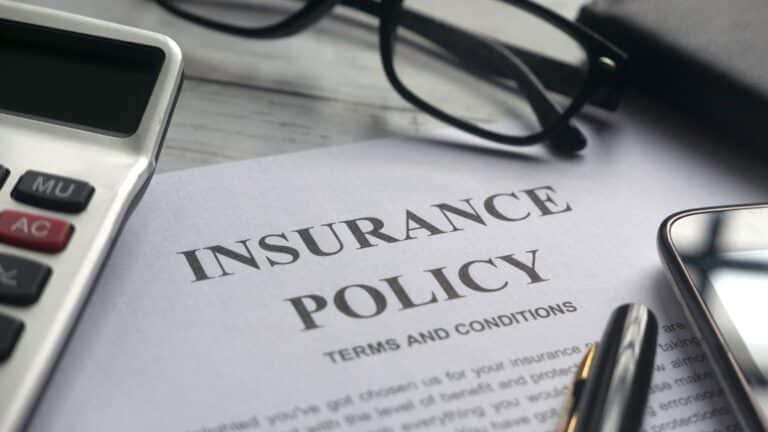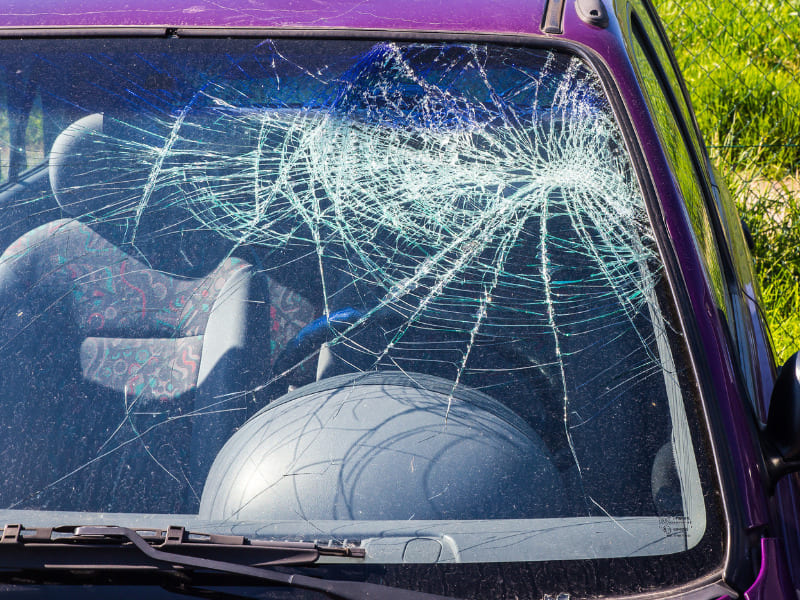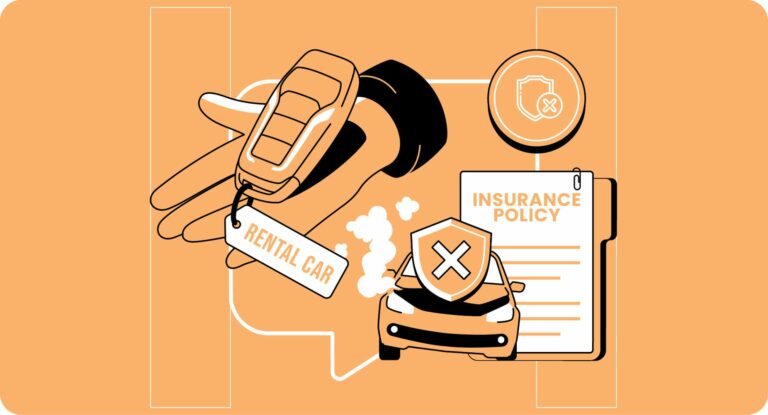When you suffer a car crash in Irvine, CA, you have several options for recovering compensatory damages. If the crash was caused by an at-fault driver, you can legally seek damages from the at-fault driver’s insurer. An Orange County car accident attorney can help you file the claim and recover compensation.
In many cases, however, you may have to file a claim with your own insurer for damages. This is particularly so when your own actions caused the crash. In either case, you will have to deal with the insurance company and prove that you are entitled to the damages you are claiming. This is usually done by backing up your claim with a sound body of evidence.
Even when your claim is fair and backed by the relevant evidence, the insurance company may not respond, delay a decision on the claim, or unfairly reject the claim. This is when you may consider an insurance bad faith claim.
What Is Insurance Bad Faith?
The ultimate purpose of an insurance policy is to offer you financial coverage. An auto insurance policy, for instance, is meant to cover you for damages in the event of a crash. The insurer is obliged to pay you the agreed-upon amount when a crash does occur. If the insurer does not accept your claim or turns it down without a valid explanation, this constitutes insurer bad faith.
Different states have different laws pertaining to insurance bad faith. California has its own set of laws covering bad faith practices. In the event of insurer bad faith, you have the option of filing a bad faith claim or car crash lawsuit against the insurer.
Types of Insurance Bad Faith
In general, two types of insurance bad faith claims can be filed. These include common law claims and statutory claims. Here is a look at both.
Common Law Bad Faith Claims
Common law is the law created by case law. In other words, it relies on the previous court rulings in cases of a similar nature. This type of insurance bad faith claim is harder to prove and involves several limitations. You can bring this claim only as a first-party police holder. In other words, you can file a common law bad faith claim against your own insurer only.
Typically, you will need to prove the following two elements in a common law car crash claim:
- Benefits Denied. The first element is that the benefits due under your policy were denied by the insurance company. Such denial, when you have a valid claim, constitutes bad faith.
- Unreasonable Withholding. The second element is to show that the benefits due under your policy were unreasonably withheld. Several factors may constitute such unreasonable conduct. As detailed by the Judicial Council of California, these may include failure to respond timely to a claim, failure to provide a reasonable explanation for denial, deliberate misrepresentation of policy provisions, and failure to accept or deny a claim in the stipulated time period.
Statutory Bad Faith Claims
A statutory bad faith claim arises from specific statutes or regulations. For instance, if an insurer is in violation of the practices specified in the Fair Claims Settlement Practices Regulations, you can file a statutory bad faith claim. In contrast to common law bad faith claims, statutory claims are more clear-cut and easier to prove in the court.
California Statute of Limitations for Bad Faith Claims
The statute of limitations is the time period within which you can legally file a car crash claim. Once this period expires, you are no longer entitled to file the claim.
The actual statute for California bad faith claims depends on the type of claim you are filing. If you are filing a tort claim on the basis of insurer bad faith, you have two years from the date of bad faith denial to file the claim.
However, if your bad faith claim stems from a breach of contract on the part of the insurer, you have a more extended period. In such a case, you can file the claim within a period of four years.
How Can An Orange County Car Crash Attorney Help?
When you are filing a car crash claim in Orange County, CA, it is important to get legal help. With a lawyer by your side, an insurance company is less likely to raise unfair objections or otherwise act in bad faith. Here at the Crockett Law Group, we negotiate with an insurance company on your behalf to ensure that you receive the maximum amount of compensation for your crash-related losses. Get in touch with us today to discuss your car crash claim with our attorneys.










